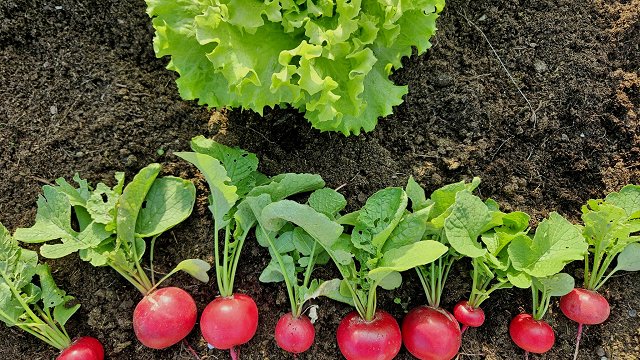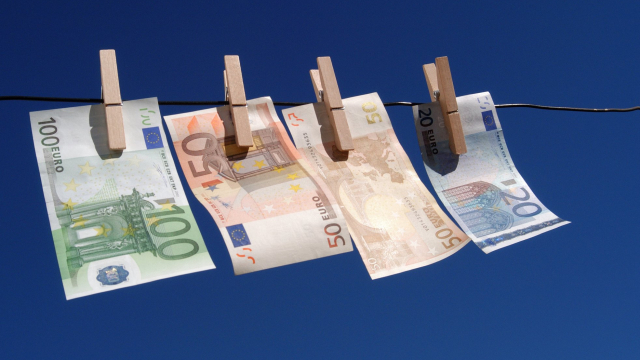As the video clip above shows, the birch forecast even makes the main national news headlines.
Drinking the rising sap of the birch tree is the definitive taste of spring, and according to those who know such things, this year's vintage of the clear, slightly sweet liquid promises to be more grand cru than vin de table.
Though maple trees are already giving out their sap as a sort of natural apéritif, it is birch sap season in late March and April that really gets Latvian juices flowing and with temperatures forecast to increase markedly next week, the season could soon be upon us.
Linards Liberts of the Libertu company has been producing birch sap and birch-sap derived products commercially for 11 years.
At present, the weather conditions are not yet favorable for the birch sap season, but maple juice has been flowing since December.
"As soon as the days get warmer, which is next week or the last week of March, the maples will just be cut with a knife, which means it will be time to look for some birch to drill into," explained Linards Liberts, who has pioneered the use of small, shallow taps that do not harm trees, and even sells ready-made kits for novices to try their hand at birch sap collection.
"According to his observations, the number of lovers of birch sap is growing every year in Latvia, and it has even become trendy among younger people as a healthier alternative to sugar-packed soft drinks. However, recent warm winters are a cause for concern, which may affect the juice yield.
"Birch needs to freeze in the winter. As soon as there is no frost, the birch doesn't go to bed, so it doesn't wake up as intensely in the spring as it does after a cold winter," says Liberts. Consequently this year's cold and frozen winter should result in the best birch juice for years.
If you're new to the wonders of birch sap collection, here's a guide to the whole process from a couple of years ago. It goes without saying that you should only tap trees i they are on your own land or if you have the permission of the landowner, with one exception: it should be noted that Latvian law allows each individual to tap a single hole in a birch in the state-owned forests as well as long as the diameter is over 40 centimeters.
An individual can also sell up to 300 liters of birch sap per year. The Food and Veterinary Service (FVS) indicated that a person does not have to register with the service for anything up to this amount, but records of the amount and source must be kept.
Producers like Libertu and Birzī now make birch lemonade, wine, syrup and other products to be consumed for the rest of the year, while it's not unusual under non-Covid conditions for a worer to bring in a few bottles of home-produced juice to share among colleagues.
Scientists confirm that birch sap is good for controlling blood pressure, boosting the immune system and that it has various other health-giving properties. On the other hand, although it's great for additional hydration, its composition doesn't differ much from well water, according to BIOR Institute of Food safety, Animal Health and Environment Risk Analysis and Epidemiology Department Senior Expert Elīna Ciekure.
























